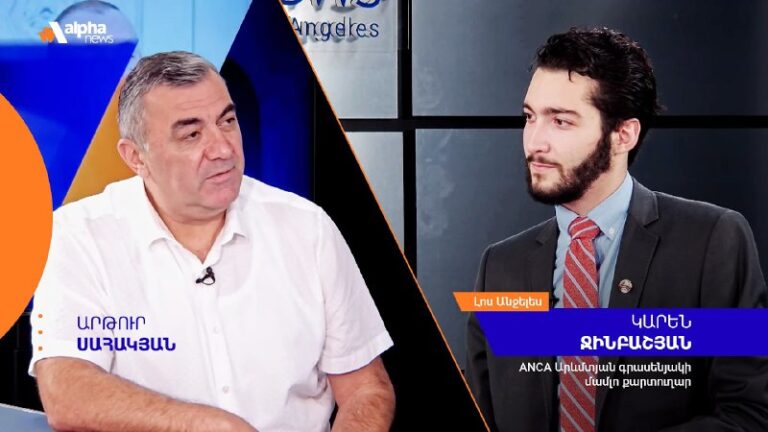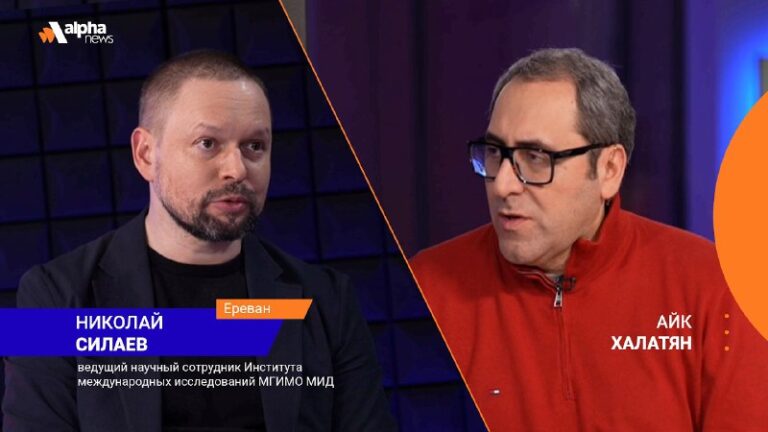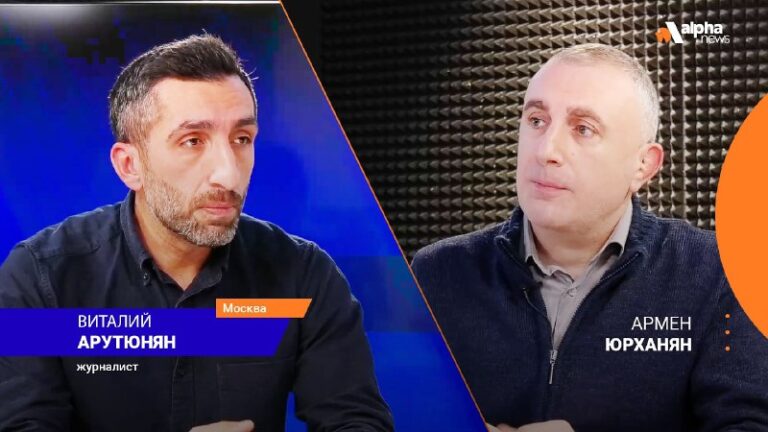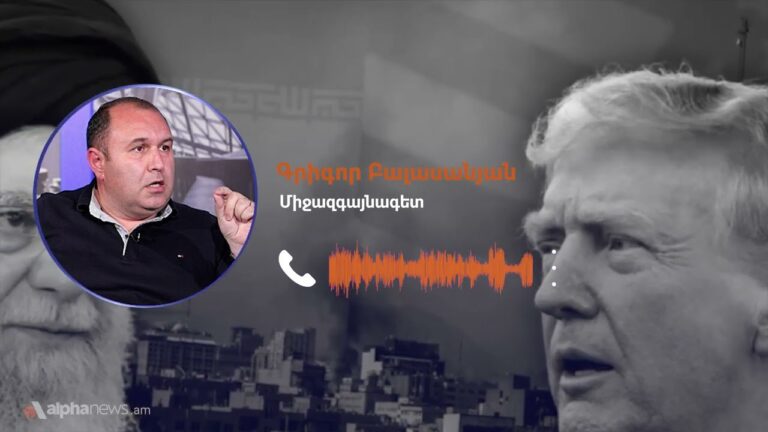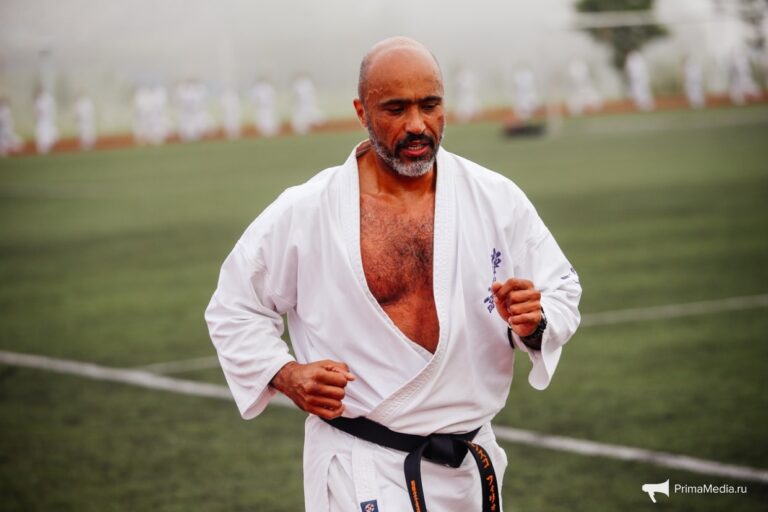Armenia led by Pashinyan is not an ally for Russia – Vasily Koltashov
Speaking with Alpha News, economist and political scientist Vasily Koltashov commented on Russian Foreign Minister Sergey Lavrov’s statement that Yerevan is free to negotiate directly with Baku.
“This issue is primarily an issue of Armenian-Azerbaijani relations. If the Armenian side cannot agree on this issue with Azerbaijan through any mediation—and we are talking primarily about Western mediation—then the problematic situation will drag on for years. It looks like this is generally the normal state of Pashinyan’s policy now; the issue of a decision on the border is endless,” Koltashov said.
According to the expert, Russia is pushing Azerbaijan to resolve the border issue.
“Moscow is currently deterring Azerbaijan from any harsh expression of its indignation and pushing it to resolve the border issue. Moscow influenced Azerbaijan to have some kind of readiness to resolve the issue. Now it is up to the Pashinyan administration. Azerbaijan is being influenced to move towards a final solution to the border issue. However, everything depends on Armenia, on the Armenian side, because there are very special interests of France and the United Kingdom here, which do not include peace and prosperity in the region. They consider economic growth in Armenia simply as a prerequisite for some political actions by the Pashinyan administration, which will be beneficial primarily to the West. If economic growth ends, it’s okay, the West thinks,” Koltashov stressed.
According to the political scientist, Armenia, led by the Pashinyan administration, is not a friend to Russia.
“Moscow is well aware that Armenia, led by the Pashinyan administration, is neither an ally nor a friend. Moscow is also well aware that Armenia’s economic growth is provided by the Eurasian Economic Union (EAEU) and Russia. That is why, Lavrov points out that it is necessary to come to an agreement with Azerbaijan. He says Russia has made certain efforts here,” Koltashov concluded.

